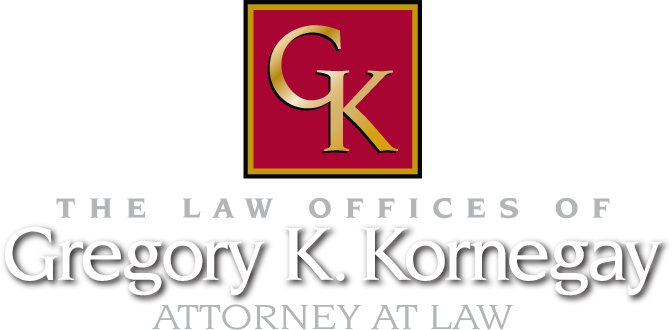Chapter 13 Plan Requirements
Chapter 13 Plan Requirements – What a Chapter 13 Plan Must Do
Many things can be done within a Chapter 13 plan in an effort to reorganize and even discharge debts. However, there are certain things that a Chapter 13 plan must do. Chapter 13 Plan Requirements are:
- The debtor must turn over their future earnings or income to the control of the Chapter 13 trustee to execute the plan.
- The plan must provide for payment in full of all priority claims, unless the creditor agrees to a different result.
- If the plan classifies claims, the plan must provide the same treatment for each claim within a particular class.
Debtor Must Give Income or Property to Trustee to Fund Plan
Only funds or property that is needed to fund the plan should be given to the trustee. This means that there may be some amount of money that is left over each month in control of the debtor. In constructing the plan, it must be decided if the debtor will be responsible for making monthly payments to certain creditors. There are certain creditors that must be paid by the trustee each month.
Debtor Must Pay all Priority Claims
Priority claims would include the trustee’s compensation, attorney’s fees, and arrearages for taxes and domestic support obligations. Domestic support obligations normally refer to child support. There is no requirement that the amount the debtor pays on the priority claim has to equal the amount of the original creditor’s claim. The creditor can agree to receive a smaller amount than was originally claimed.
Debtor Must Give Equal Treatment to Each Claim in a Class
Of the three Chapter 13 plan requirements, this equal treatment provision normally does not create problems for the debtor. This is because each secured creditor normally has specific rights related to its encumbered property and a plan may treat secured claims differently. If there are going to be classification issues, they normally come up when a plan classifies unsecured claims and provides for different treatment for each claim in that class. In other words, the chapter 13 trustee may object to a chapter 13 plan that proposes to pay only a portion of general dischargeable unsecured claims while providing full payment on certain other claims.
What Our Clients Say:
Member:

Attorney Gregory Kornegay
Greg is a trial attorney in Wilmington with over 30 years of experience. Greg was born and raised in southeastern North Carolina. Before law school he managed a store with employees making a payroll every week. His first job out of law school was as an Assistant District Attorney investigating and trying cases for the State of North Carolina. Through the years he has handled many different types of cases – including death penalty cases.
Being married with children has been a blessing and a challenge, but has served him well in understanding the problems individuals and families face as they live out their lives. Greg believes that each case is different and the needs of each client are unique, but there are certain themes of life that we all share.


